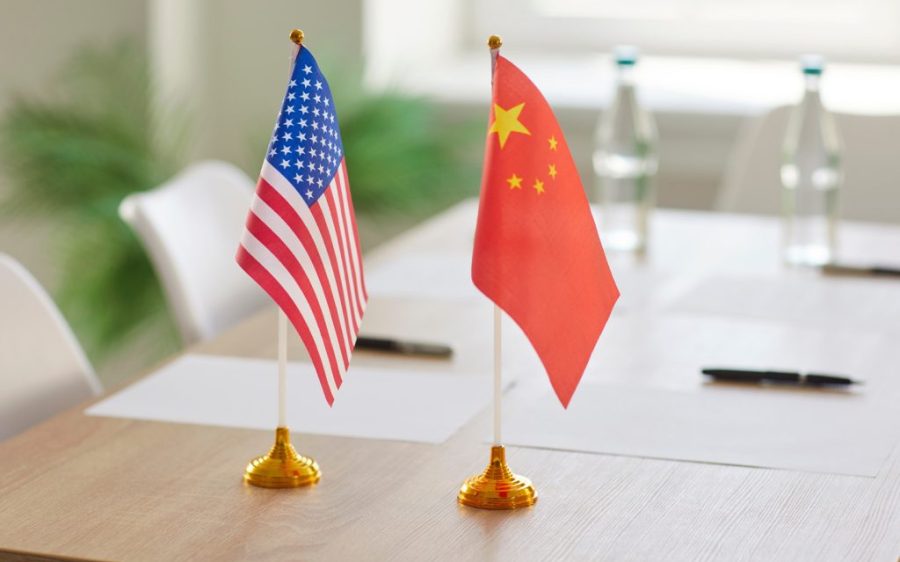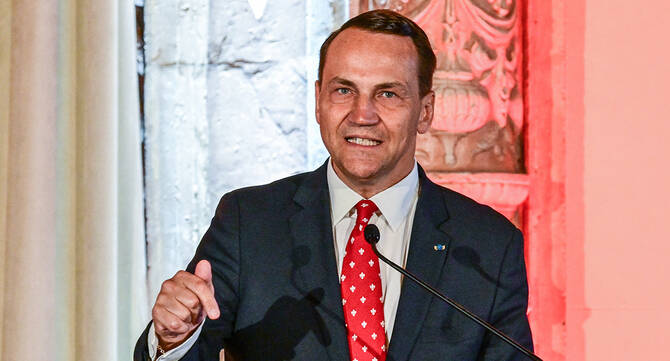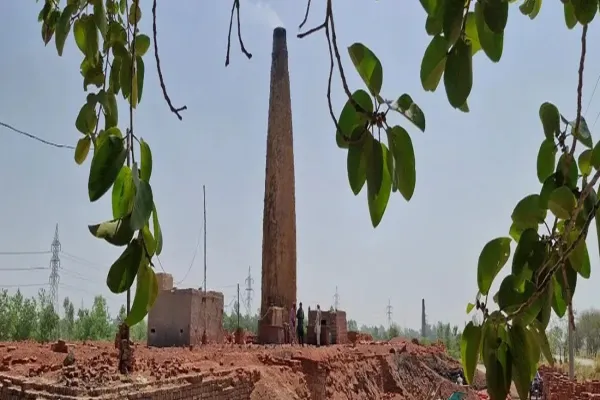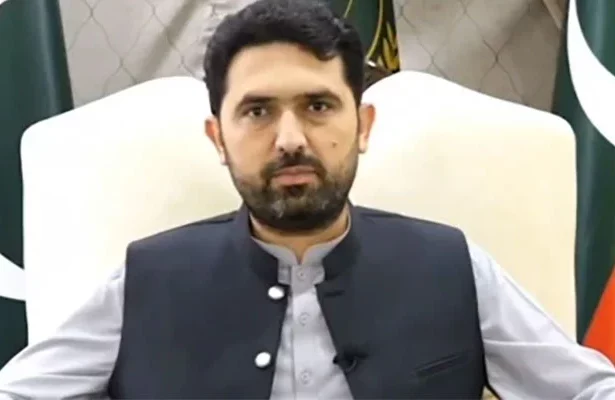Indian media got aggressive after the ceasefire announcement between Pakistan and India. Shock in Indian newsrooms: Indian news channels got aggressive with the ceasefire deal between Pakistan and India. Anchor Arnab Goswami was repeatedly confidently reporting India’s victory, but the news of peace talks interrupted his fiery narrative. Pro-government media outlets had been feeding stories …
Ceasefire Shakes Pro-War Narrative
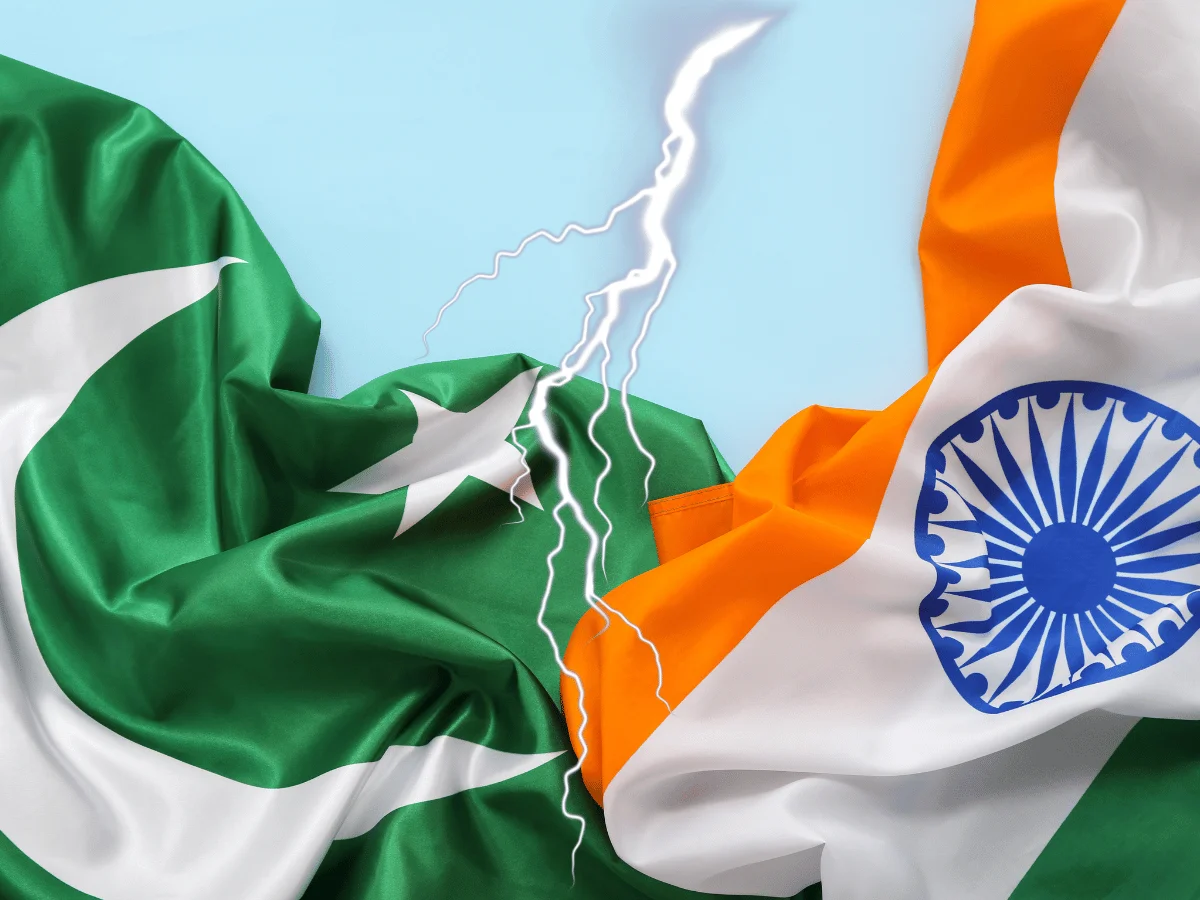
Indian media got aggressive after the ceasefire announcement between Pakistan and India.
Shock in Indian newsrooms:
Indian news channels got aggressive with the ceasefire deal between Pakistan and India. Anchor Arnab Goswami was repeatedly confidently reporting India’s victory, but the news of peace talks interrupted his fiery narrative. Pro-government media outlets had been feeding stories of regime change in Pakistan and dramatic missile strikes, claiming Russian-made BrahMos missiles had been fired into Karachi. These unverified and sensational reports were being aired while access to international news sources was quietly being restricted in India. It made it hard for viewers to fact-check what they were hearing.
Also Read: Trump Claims Peace Deal As Modi Warns Of Retaliation And Pakistan Calls For Justice
TV channels begin to turn on their own:
After a ceasefire deal, there is an odd wave of frustration and aggression from Indian news channels to the politicians. Foreign Secretary Vikram Misri faced a huge criticism by Indians. Though he just announced the decisions made by the higher-ups. Still, he became the target of fierce online abuse for announcing the ceasefire. The trolling was especially vicious and personal and targeted his family.
Bureaucrats and Politicians defend Vikram Misri:
In response to the online abuse, senior bureaucrats and police officials publicly supported Misri. The Indian Administrative Service (IAS) Association posted a strong statement defending him, “Unwarranted personal attacks on civil servants performing their duties with integrity are deeply regrettable.” Similarly, the Indian Police Service (IPS) Association called the attacks “deplorable” and said such assaults on dedicated public servants were unacceptable.
Political leaders condemn the abuse:
Several politicians came to Misri’s defence. Asaduddin Owaisi, a Member of Parliament from Hyderabad, reminded critics that civil servants work under the direction of the executive branch and should not be blamed for political decisions. Congress leader Sachin Pilot said, “It’s unacceptable to target our professional diplomats and civil servants who work dedicatedly to serve the nation.”
Global politics in motion:
US President Donald Trump and Chinese President Xi Jinping were reportedly moving toward new trade deals. Such a development could isolate India diplomatically, especially if the US decides to focus more on China and Pakistan in the region. The idea of a US-China understanding forming just as India finds itself in a tense standoff with Pakistan is not good news for India’s strategic interests.
Hope returns to Kashmir:
In Jammu and Kashmir, Chief Minister Omar Abdullah urged people living near the Line of Control to go back to their homes. The guns had gone quiet. It gave a rare moment of peace to an area that has long suffered from cross-border shelling. After days of fear and uncertainty, there was finally a reason to hope.




